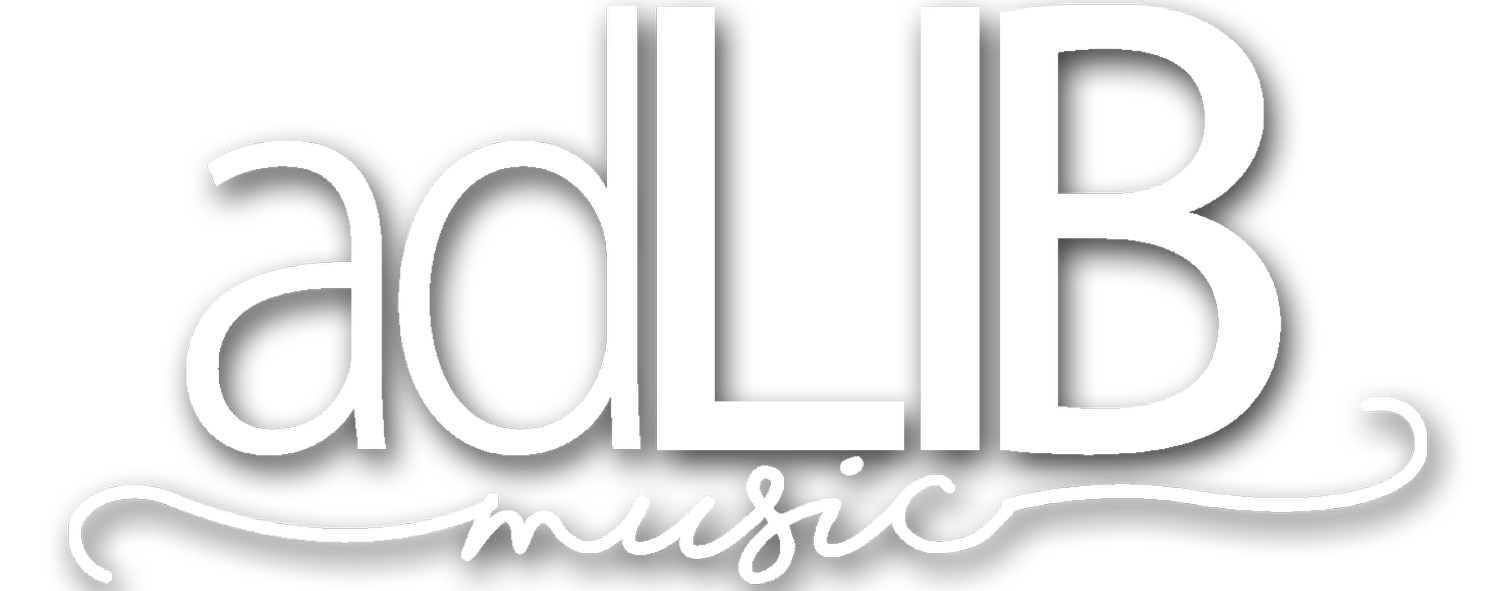Never Copy the CD*
I love what Todd Henry says in his podcast The Accidental Creative (accidentalcreative.com): “It is the age of creativity. Cover bands don’t change the world. Don’t be a cover band. You need to find your unique voice.” There is no need whatsoever for making the songs sound just like a recording.
However, that statement makes two fundamental assumptions:
Assumption One
One of the primary roles of the band is to support the leader in where he/she feels God is leading for a particular worship service. Sometimes the leader will feel the most comfortable (and therefore be able to focus on what is most important) if the arrangement is familiar. I think it’s okay for the leader to ask for a particular arrangement, which may well be what Elevation’s band did. So if the leader is asking for it, the team should do it.
Assumption Two
More importantly, Todd’s statement assumes a certain level of musicianship in the players. My friend Ryan Shenk described a church service as a “family dinner” because it speaks of uniqueness and intimacy, so every church has its distinct flavor. Sometimes playing the CD* version is like eating the same thing prepared the same way week after week. It leaves you complaining, “But, scrambled eggs…again?! Can we try poached or over medium? Mom…!” But sometimes, the popular version is what not only the band but, more significantly, the congregation is the most familiar with. In those cases, stick with the CD* version.
The Ginormous Takeaway
Most church musicians are in ruts because they haven’t invested enough in their musical development to have solid musical foundations, good chops, proper technique, and the ability to make artistic choices in WHAT they play. I’m not saying your band isn’t talented. One big reason to learn music the way it is on the CD* is that it is like taking lessons from seasoned, accomplished musicians and learning from professional arrangers. I’m ready to say, “never copy a CD* again” once a band has such great instincts (read: habits) that they produce fantastic music naturally without it. So until a team (or an individual musician) gets excellent musical instincts, they need lessons or to learn parts from CDs*. It’s a necessary step in being a good steward of your musicianship.
The Stewardship Factor
And while I’m on stewardship, I must tell you I love the definition of stewardship: managing for increase. I used to think that stewarding something just meant managing it. But that’s more like burying the talent out of fear. Managing without the “increase” part leaves you trying to protect, control, and maintain (ew!), which is not our calling! Our calling is to double and triple the return on the talent God has given us. (Matthew 25:14-30) Musically, that requires investment.
Freedom in Responsibility
It takes time to develop a culture of grace to promote people’s development and call them out when they aren’t prepared. The sick culture of “you are what you do” is not true. The truth is that neither musicianship nor stewardship defines identity or worth. You don’t have to perform your way into acceptance or approval. You are entirely accepted because you’re a son or a daughter of a Father Who loves you with inalterable love. With that understanding in place, you now have the responsibility as a son or daughter to steward the gift well.
*kids, a “CD” was the primary method of listening to music. It stood for “Compact Disc” because, after the age of big, vinyl records, these iPhone-sized discs were pretty compact in comparison. So whenever you read “CD” in this Fertilizer, translate it to “iTunes or Spotify track.” You can check Wikipedia if you want to see what one looked like. :)
-Dave Helmuth
(purchase my book, "Worship Fertilizer: (the first hundred)" HERE)
Never Copy the CD*(Nº 17)

